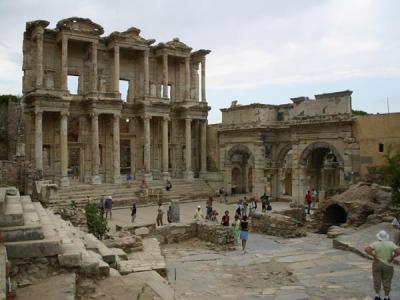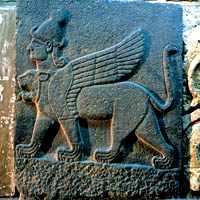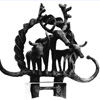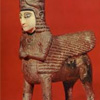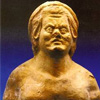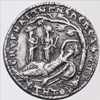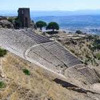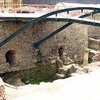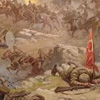The Lydians Invent Money- Sardes
Around East of Izmir in Sardes, lived another people, the Lydians, thought to have invented money between 800 and 650 BC. In the 6th century BC, Croesus, the King of Lydia, agreed with the advancing Persians to divide Anatolia along the river Kızılırmak. The Persians, however, did not keep this commitment and continued to encroach on Lydian...
